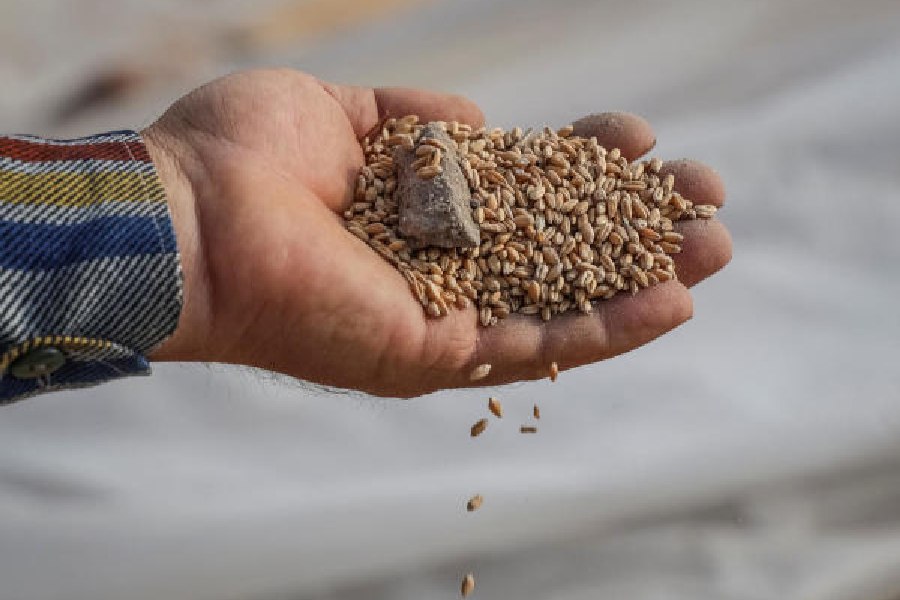The Jharkhand State Food Commission (JSFC) has decided to undertake a massive exercise to enforce the creation of Akashmik Khadya Kosh (contingency foodgrain fund) as mandated under the National Food Security Act (NFSA-2013).
The exercise that covers all 24 districts of the state will commence in July and conclude in August.
The JSFC chairperson Himanshu Shekhar Choudhary admitted that although it was mandated in the NFSA, very few block development officers (BDOs) were aware of this provision.
“From our experience during ground visits and interactions with mukhiyas (panchayat heads), we can say that very few BDOs are aware of this provision under the NFSA. Setting up of Akashmik Khadya Kosh will help prevent distress because of hunger in case some beneficiary in a village has not got foodgrains for some reason. We will start this drive from July, covering each district, and tentatively plan to wind it up by August 15 making all the BDOs aware that it is their responsibility to ensure that the panchayat heads are made aware of this fund,” said Choudhary.
The chairperson further said that they expected the BDOs to ensure that the mukhiyas are made aware of the mandatory constitution of the Akashmik Khadya Kosh in their panchayats and also facilitate in providing ₹10,000 to each mukhiya for the fund.
“The BDOs have to get approval from the deputy commissioners of the districts for the sanction of the fund for each of the panchayat heads. We expect that after our drive, they will set in motion the collection of funds in coordination with the deputy commissioners,” added Choudhary.
The contingency food grain fund of ₹10,000 is mandated under the NFSA for each panchayat to meet any foodgrain crisis for a villager (whether covered under the NFSA or not) so that the panchayat head can arrange for foodgrains using the fund on an emergency basis.
The chairperson said they had to undertake the drive during this time as this was when most villagers faced distress because of the monsoon vagaries.
“Ideally we should have started this drive in June itself. However, we were delayed because of the Lok Sabha polls as the entire administrative machinery was engaged in the elections. If there is scanty rainfall in an agrarian economy like that of Jharkhand, which is heavily dependent on monsoon, a distressful situation is caused for the villagers. This can be aggravated if they fail to get even one month of ration (foodgrains) from public distribution system (PDS) dealers because of some anomalies,” informed Choudhary.











